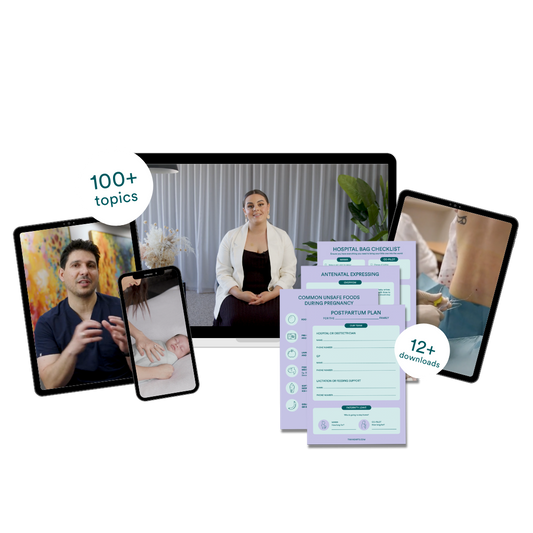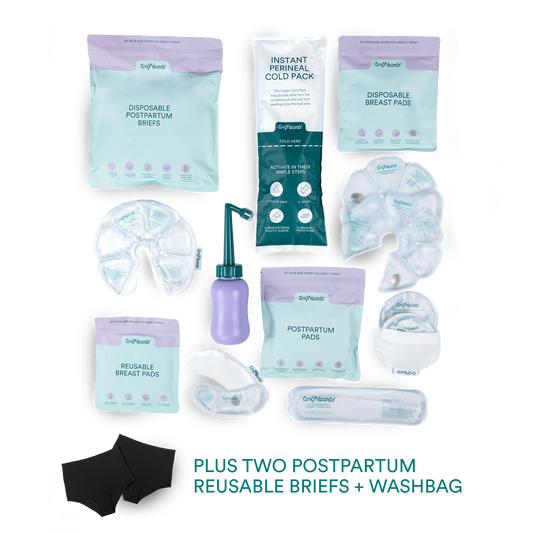JAPANESE ENCEPHALITIS VIRUS
What is the Japanese encephalitis virus?
Japanese encephalitis virus or JEV is a rare but serious infection of the brain spread to humans by infected mosquitoes.
How many people have been infected in Australia recently?
There are reported cases in New South Wales, South Australia, Victoria and Queensland. Sadly, two adults have passed away from JEV. It has now been declared a disease of National Significance.
What does encephalitis mean?
Encephalitis = swelling to the brain.
What are the symptoms of JEV?
Firstly, take a deep breath; it's rare for infected people to become critically ill. Less than 1% of people infected with JEV will experience symptoms. Most people who contract JEV will have no, or only very mild, symptoms and make a full recovery.
In rare cases, severe symptoms present, which include:
• Neck stiffness
• Headache and vomiting
• Tremors, seizures or paralysis (seizures are common among children)
• Confusion or unconsciousness
• Neurologic symptoms, weakness, and movement disorders might develop over the next few days Those who experience a severe infection are at risk of permanent neurological complications, and this virus can also be fatal.
You can read more about signs of a critically ill child here https://bit.ly/3vQApQJ
How long does it take for symptoms to present?
As mentioned, most people are asymptotic, meaning they are unaware they even have the virus. Those who experience symptoms will usually develop between 5-15 days after being bitten by a mosquito.
How is it spread?
The Culex species mosquitoes spread JEV. They are commonly found in NSW. The Culex mosquito bites an infected animal (pigs and waterbirds commonly infect mosquitoes) and then bites a human.
You cannot get JEV from:
• another human
• by touching n infected animal
• by eating an infected animal like pork or poultry
Who is at risk?
People working at and/or living close to piggeries where JEV has been detected People who engage in outdoor activities near high mosquito populated areas and waterways.
Who is at risk of a severe infection caused by JEV?
• Children under 5
• Older people
Have the floods caused the spike in cases?
The experts are saying yes. Lots of rainfall, flooding and climate changes seemed to have caused an increase in the spread. Unfortunately, these conditions are excellent for this virus to thrive.
Prevention is key!
The best way to avoid JEV is to avoid getting bitten by a mosquito! Here are our top tips:
• Mosquitos are most active at dawn and dusk and into the evening, avoid peak biting times by staying inside if possible
• Reduce skin exposure: mosquitoes are attracted to dark colours, so light-coloured clothes covering the wrists and ankles and clothing should be light, loose-fitting long-sleeved shirts, long pants and covered footwear and socks • Children can be protected from mosquitoes by using a carrier and draping a mosquito net over and securing the sides completely
• Cover strollers and baby carriers with mosquito netting
• Use insect repellent (discussed below)
• Stay and sleep in rooms protected with flyscreens and check screens do not have any rips or holes
• Don't have any water-holding containers around the home. Mosquitoes only need a small amount of liquid to breed (think buckets, pet bowls, birdbaths)
• A vaccine for JEV is available for those aged 2+ months; speak with your GP as up until now, it has mainly been used by Australians travelling overseas.
• Use mosquito coils and other devices that release insecticides to assist in reducing mosquito bites; these should be used in combination with topical insect repellents (covered below).
Insect Repellents and little ones
Here is the low down on insect repellant.
Age: Do not use insect repellent at all on a child under three months (pop in the pram, cover with netting). The Royal Children's hospital says after three months, you can use the repellent, but it's safest to rub or spray on their clothing. Avoid using directly on their skin until at least 12 months. I am yet to find a chemical-based repellent that allows use under 12 months.
Most effective? The most effective repellents contain the chemicals DEET or Picaridin. These are considered 'safe'; skin irritation is the most common side effect. Choose a repellent that:
•Contains no more than 10% DEET or Picaridin
• Look for repellents especially formulated for children
What about natural alternatives?
Chemical active ingredients are more effective, whereas natural alternatives with ingredients like Citronella, Eucalyptus or Tea Tree Oil provide some protection but are less effective. The Royal Children's Hospital recommends using a repellent that contains either DEET or Picaridin for the best protection.
Remember:
• Do a test patch before using
• Use roll-ons over sprays, as inhaling it can be harmful to little lungs
• Read the label and use it sparingly, avoiding cuts, mouth, eyes etc.
• Do not put it on your little one's hands - because you know the first place they will go!
• You should always wash it off their skin once you're back inside
• Insect repellent is not water-resistant; you must re-apply after swimming
Sunscreen + repellent
You should avoid products that combine sunscreen and repellent because you need to re-apply sunscreen much more frequently than repellent, and it will unnecessarily overexpose your bub's beautiful, sensitive skin. If using sunscreen and repellant, apply sunscreen first, wait 20 minutes and then apply the insect repellant.
Treatment of JEV
There is no specific treatment available for JEV. Those who experience more severe symptoms require supportive care and hospitalisation. Treatment is symptomatic. Rest, fluids, and medication to reduce fever may relieve some symptoms, is all that can be done.
Outcome for people with JEV
Among patients who develop encephalitis, 20% – 30% die. Although some symptoms improve after the acute illness, 30%-50% of survivors continue to have neurologic, cognitive, or psychiatric symptoms.
Stay vigilant and protect your little one!
Tiny Hearts baby + child first aid course, and let us teach you the skills you need.
online baby & child first aid
$145
Learn baby & child first aid from your device at home! Purchase now and learn right away.
Our instant access course includes over 38 videos and 15 bonus downloads including content on whooping cough, croup and more!









